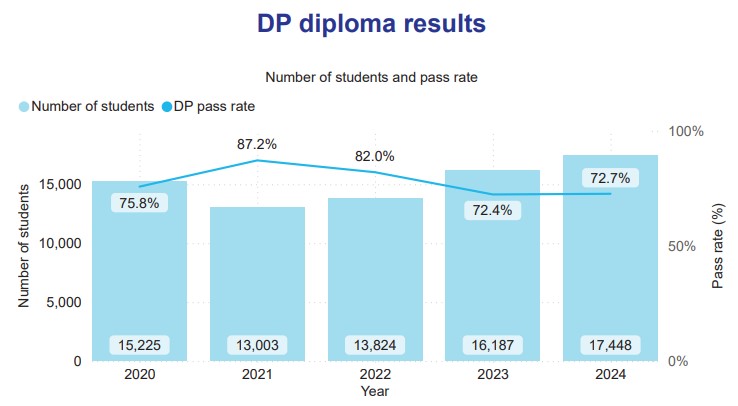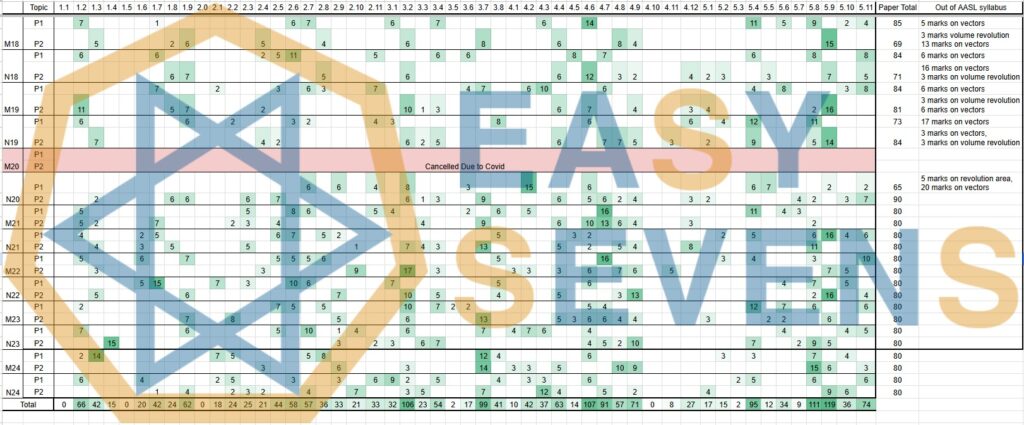Attention IB Chemistry students! If you’re looking to excel in your exams, you’ve come to the right place. As a former IB student myself, I understand the pressure to achieve top marks in all six subjects. When I was preparing for my IB Chemistry exam, I initially studied solo during the first year, but soon realized that I needed to optimize my learning to meet my goals.
That’s when I decided to seek help from a tutor for IB Chemistry during my second year. Having an IB Chemistry tutor can be a game-changer, saving you a significant amount of time and energy while allowing you to concentrate on the most important areas. In fact, with the help of my Chemistry tutor, I was able to save between 60 to 70 percent of my study time and utilize my resources more efficiently. If you’re serious about achieving a level 7 in IB Chemistry, investing in a tutor is highly recommended.
In this article, I’ll be sharing the exact steps I took to attain a level 7 in IB Chemistry. Although I had the support of a tutor, these strategies can be applied by anyone. So, let’s get right into it and discover how you too can ace your IB Chemistry exams!
Understanding IB Chemistry Concepts
When I was preparing for my IB Chemistry exams, my goal was to achieve a level 7. However, with around 20 chapters for Higher Level (HL) and 10 for Standard Level (SL), the syllabus seemed daunting to tackle all at once. To overcome this challenge, I decided to break down the curriculum into manageable chunks and focus on one chapter at a time.
To fully understand each chapter, I started by going through each subchapter, starting with 1.1 and moving on to 1.2, 1.3, and so on. Whenever I had a tutor, they helped me to comprehend the concepts better. However, when I didn’t have access to a tutor, I turned to different textbooks to ensure that I had a comprehensive understanding of the material.
I learned that it’s essential to read from various textbooks because they often explain concepts in different ways. If I struggled to understand a particular concept in one textbook, reading about it in a different book often provided me with the clarity I needed. By using this approach, I was able to gain a deep understanding of each chapter, which served as a strong foundation for my further studies.
Overall, breaking down the curriculum into manageable chunks and thoroughly understanding each chapter helped me to achieve my goal of scoring a level 7 in IB Chemistry. I encourage other students to adopt a similar approach and use different resources, including textbooks and tutors, to gain a better understanding of the material.
Attempting Exam Questions and Identifying Knowledge Gaps
Once you have gained a thorough understanding of the concepts, the next crucial step towards achieving a level 7 in IB Chemistry is to practice a multitude of exam questions. Personally, I source these questions from various online platforms or textbooks. However, when I had the guidance of a tutor, they would provide me with carefully curated questions, effectively saving me valuable time.
During my initial attempt at these questions, I don’t necessarily adhere to the constraints of exam conditions. The primary objective is to identify my knowledge gaps and recognize the concepts I struggle to grasp. This process enables me to pinpoint my weaknesses, and thereafter, I attempt the questions again, aided with greater understanding.
Having a tutor makes this process a lot more efficient since they can help me identify where I am struggling and provide guidance accordingly. Furthermore, I cannot stress enough the importance of not solely focusing on paper 1 questions (which only consist of multiple-choice questions). Although these questions are crucial, they are generally more basic in nature. I gauge my level of understanding through the mastery of these MCQ questions, and then proceed to the more comprehensive paper 2 questions.
This continuous self-testing process is invaluable in identifying my knowledge gaps and ensuring that I have a firm grasp on the topic. I persist with practicing questions until I am confident that I can tackle any type of question with ease.
Acquiring IB Chemistry Exam Skills
Acquiring the necessary skills is a crucial aspect of IB Chemistry exams, as it requires not only knowledge in Chemistry but also exam-taking skills. One such skill is interpreting charts, a key component in paper 2 and sometimes even in paper 1. You must be able to effectively describe the movements in the chart and interpret it with accuracy. For example, if you have to describe an exponential graph, you need to know how to write something like “the graph is increasing at an increasing rate”. To hone this skill, it’s recommended to practice with exam questions and seek the help of an IB Chemistry tutor if necessary.
IB Chemistry Paper 1 Exam Skills
Another critical skill to develop is mental math, particularly important in paper 1 MCQ questions where calculators are not allowed. Although the math required is simple, requiring only addition, subtraction, multiplication and division, quick mental math skills are essential for swift calculations, and the time constraints in the exam mean you need to be able to perform these calculations rapidly. To improve your mental math skills, it’s essential to practice regularly, especially under exam conditions, and time yourself to monitor your speed.
IB Chemistry Paper 2 Exam Skills
One crucial skill required for success in IB Chemistry is answering skills, particularly in paper 2, where there are short questions worth varying marks. It’s not enough to simply understand the concept; you must also be able to answer the question according to the marks allocated to it. The key is to identify what the question is asking, which requires practice. The more you practice, the easier it becomes to recognize the question’s purpose. Once you have identified the question’s purpose, you must write as many points as the marks allocated to the question. For instance, if a question is worth six marks, you should write at least six different arguments. If it’s a three-mark question, you should write three arguments. This demonstrates to the examiner that you comprehend the subject and can apply your knowledge to the question at hand. Additionally, the most effective method to improve your answering skills is to practice more. With the assistance of an IB Chemistry tutor, you can master each topic.
Ultimately, mastering these skills requires practice, but they are crucial for performing well in IB Chemistry exams. It’s crucial to focus not only on Chemistry concepts but also on these exam-taking skills to ensure success.
Execution of Above Tips
At Easy Sevens, we understand the importance of efficient studying for IB Chemistry, and one way to achieve that is through the help of an IB Chemistry tutor. Our tutors are equipped to guide you through the studying process and help you save time in various ways. For instance, textbooks can be overwhelming, but with a tutor, you can focus only on the important concepts that you need to understand. Our tutors are skilled in simplifying complex concepts, which can save you valuable time that you would otherwise spend trying to figure out difficult material.
Finding the right exam questions can also be time-consuming, but we have already sorted our IB Chemistry question banks by topic, which can save you considerable time. Furthermore, our tutors can teach you how to solve common types of exam questions, reducing the amount of time you need to spend on this task.
We also offer free IB resources on our blog, including a list of IB Chemistry IA topics with IV, DV, and research questions. These resources can help you prepare for the IB Chemistry exam and achieve success.
Overall, a tutor can be a valuable resource to help you save time and improve your studying efficiency. At Easy Sevens, we are committed to providing students with the resources and support they need to succeed in IB Chemistry.




